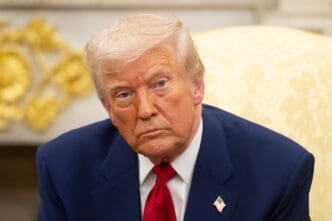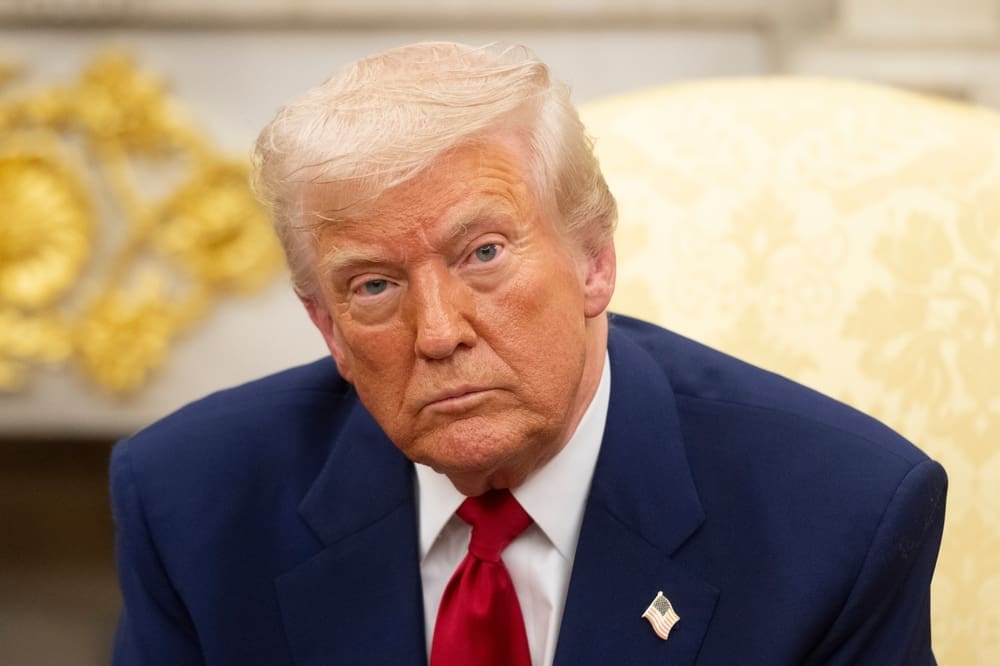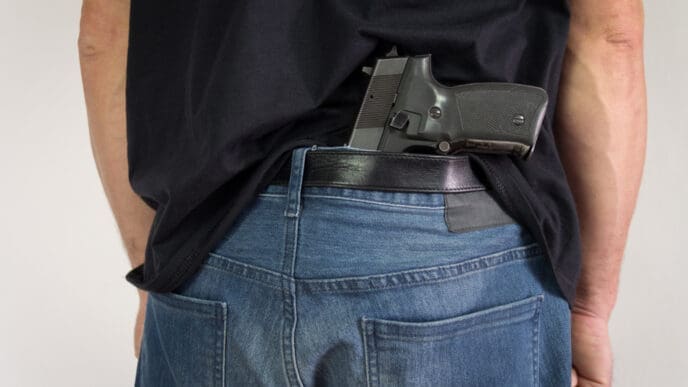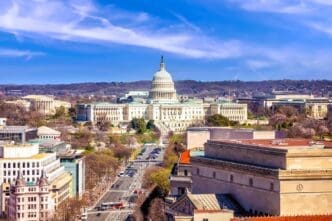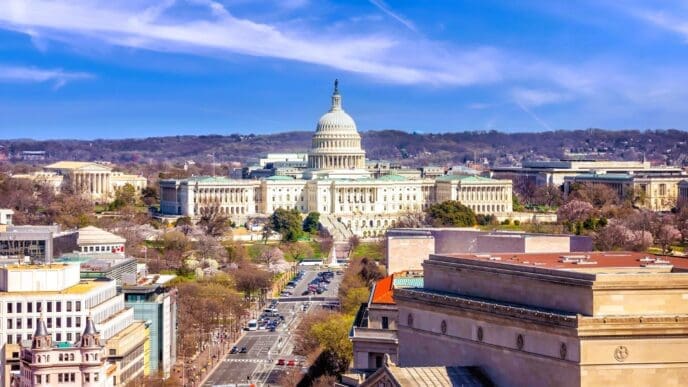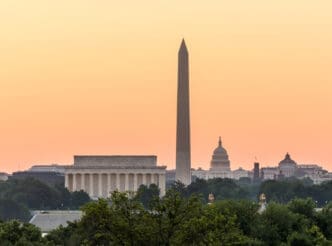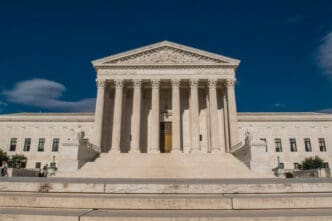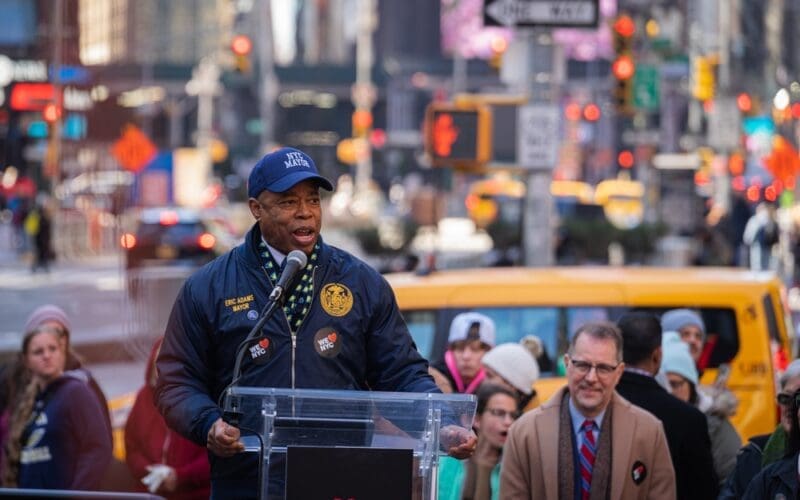In recent weeks, President Donald Trump has experienced a notable decline in his approval ratings, both in terms of his overall popularity and his previously steady economic approval. This downturn is attributed to increasing apprehensions and political backlash surrounding his recent “Liberation Day” tariffs, which have stirred economic uncertainty and eroded confidence even among his staunch supporters.
At the onset of his second term, Trump enjoyed higher approval ratings than ever before. However, the introduction of his “Liberation Day” tariffs has significantly impacted his standing, with polls indicating a marked drop in his popularity amidst fears of inflation and a potential recession. Recent surveys have revealed that his approval rating has fallen by one point to 46 percent, while disapproval has risen to 52 percent, according to the latest Echelon Insights poll conducted in early May.
The economic approval ratings have also taken a hit, with disapproval climbing by two points since April, now standing at 54 percent, as per the same poll. Although there is a slight decline in the number of people believing the economic situation is worsening, concerns about a recession continue to linger. Trump’s handling of the situation seems to have left a significant portion of voters uneasy, as reflected in the polls.
For instance, an ActiVote poll shows Trump’s approval rating at 45 percent, with a disapproval rate of 51 percent, resulting in a net approval of -6 points. This represents a decline from earlier in the year. Similarly, the YouGov/Yahoo poll highlights a drop in approval from 44 percent to 42 percent, with disapproval rising to 53 percent. Despite a brief rebound in approval ratings as backlash over the tariffs subsided, Trump’s economic approval remains deeply underwater.
Polls such as the TIPP Insights survey indicate a slight improvement in his net approval rating, moving from -7 to -5 points. However, this change is minimal, suggesting that while Trump’s popularity isn’t declining further, it isn’t improving significantly either. The latest surveys, including those from Quantus Insights and AP-NORC, show consistent disapproval of Trump’s economic policies, particularly concerning tariffs and inflation, with approval ratings on these issues remaining low.
As the situation develops, Trump’s approval ratings could continue to fluctuate based on forthcoming events, such as critical negotiations in international conflicts, the ongoing tariff situation, and the state of the economy. These factors will play a crucial role in determining the trajectory of his public support in the coming weeks.

